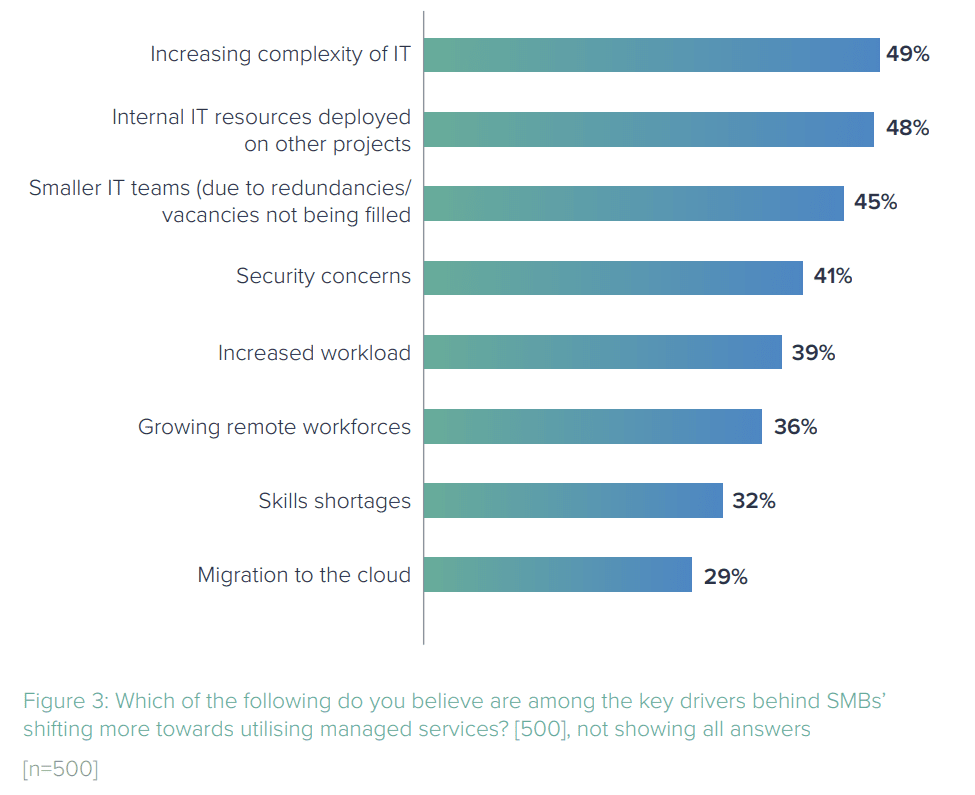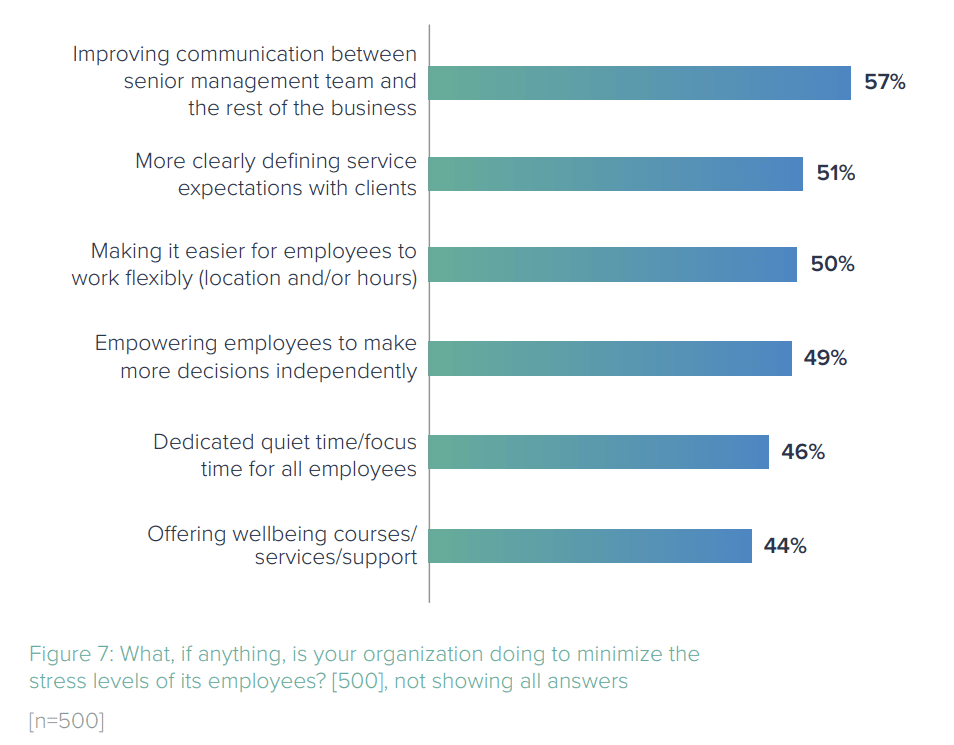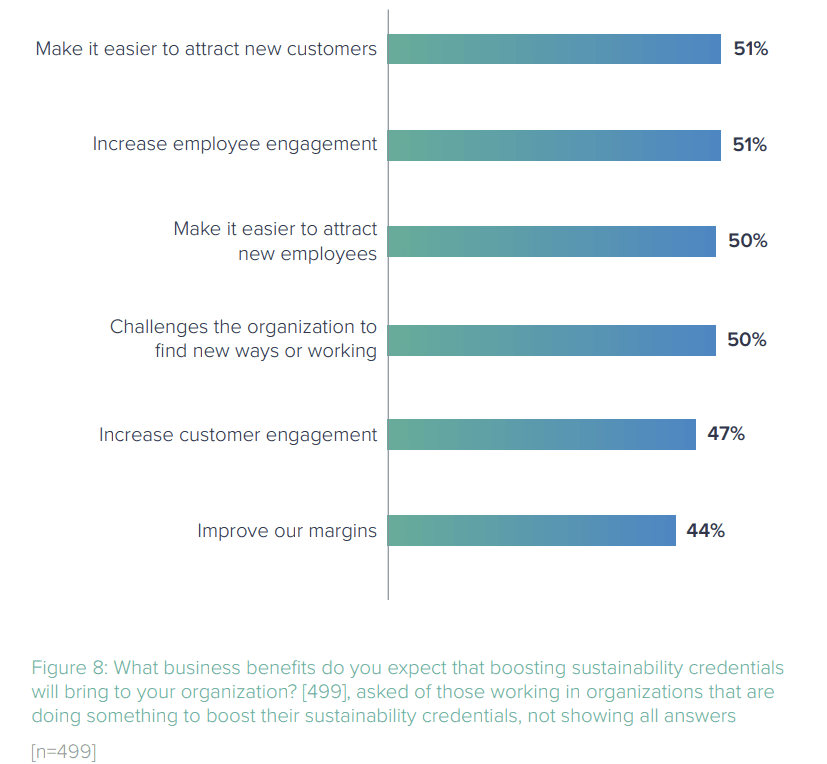The last few years have been nothing short of a rollercoaster ride for Managed Service Providers (MSPs). From the overwhelming demands of the pandemic to the economic repercussions of the Russian invasion of Ukraine, MSPs faced numerous challenges. However, despite these obstacles, they have emerged stronger than ever.
According to recent research conducted by Vanson Bourne for Barracuda’s MSP Day event, MSPs have not only weathered the storm but have also experienced remarkable growth. Despite the global economic situation impacting their growth, a staggering 91% of MSPs reported being in a stronger position now compared to the previous year.
Global revenue soars as MSPs show resilience
In a testament to their resilience, MSPs witnessed a significant increase in global revenue. The average revenue for MSPs soared from $8.93 million in 2021 to an impressive $12.25 million in 2022. Notably, this surpassed the predicted figure of $12.12 million, indicating that MSPs accurately anticipate their future prospects. With this positive trajectory, MSPs forecast an average global revenue of $16.29 million in 2023, signaling continued growth.

MSPs diversify services and thrive across regions
The services offered by MSPs are evolving, with a focus on providing a diverse range of solutions and services. Security Operations Centers (SOCs) and Cloud-based applications are emerging as the top choices for MSPs. Additionally, MSPs are expanding their horizons by diversifying the industries they serve, with 46% aiming to provide managed services across various sectors.
Expanding into new industries presents unique challenges for MSPs:
- Calibrating solutions to fit the purpose of different sectors
- Differentiating from established competitors
- Navigating regulatory and compliance demands requires strategic efforts
Understanding customer pain points becomes crucial for winning new business, whether in familiar or uncharted territory.
Factors driving MSP growth
Organizations are facing increasing pressure on their IT departments due to complexity, demands from other business units, and smaller teams. This leads to challenges in expanding the IT workforce during difficult economic times. To address these issues, organizations can outsource their IT needs to Managed Service Providers (MSPs).

In addition to the IT department’s challenges, security remains a top priority for many MSP customers. Respondents emphasized that cybersecurity skills are perceived as difficult and costly to attract and retain, making it the primary driver for organizations seeking cybersecurity support.
Furthermore, a significant portion (24%) believes that cybersecurity tools and processes consume excessive management time and resources, adding to the urgency of addressing these concerns.
IT complexity, limited resources, and cybersecurity challenges underscore the value of MSPs in mitigating these issues. By leveraging the expertise and specialized services of MSPs, organizations can alleviate the pressure on their IT departments, enhance cybersecurity measures, and allocate their resources more efficiently.
MSPs are expanding their portfolios, adding an average of five new services in 2022, and expect to introduce an additional five services in 2023.
To drive sales, organizations are increasingly leveraging social media and social selling, recognizing the cost-effective nature of these tactics. Instead of solely increasing advertising spend, many organizations are experimenting with different types of advertising, showcasing their adaptability.
Key focus areas of managed service providers for a successful 2023
Employee Stress: MSPs acknowledge the challenge and take action
According to respondents, the stress levels among employees in MSP organizations are on the rise, with 27% reporting high-stress levels in 2023 compared to 16% in the previous year. While there has been a marginal increase in the proportion of respondents indicating no stress among employees, the majority of MSPs still face this challenge to some extent.
Employee stress is often linked to the number of new services being added, indicating a need for improvement. Recognizing the importance of employee well-being, 75% of respondents believe that notable or significant improvements are necessary in their organizations.

To address this issue, organizations are taking action, with 99.6% of respondents stating that their organizations are implementing measures to minimize stress levels. The most common approach is improving communication between the senior management team and the rest of the business, as reported by 57% of respondents.
By implementing such actions, MSPs aim to slow or reverse the increasing trend of employee stress.
Sustainability: A path to differentiation and value
In terms of sustainability, MSPs have identified it as an area of focus to differentiate themselves from competitors. Almost all respondents (99.8%) state that their organizations are taking steps to enhance their sustainability credentials. Half of the respondents (50%) have made sustainability a key part of their business strategy. They anticipate several benefits from this approach, including easier customer attraction (51%), increased customer engagement (47%), improved employee engagement (51%), and enhanced recruitment (50%).

This mix of benefits highlights the value of adopting a sustainability ethos for MSPs, as it strengthens relationships with both external customers and internal employees. The survey reveals that 85% of respondents agree that MSPs need to prioritize sustainability more than ever before, with sustainability becoming the core of their entire portfolio.
As MSPs forge ahead into 2023, they continue to overcome challenges, experience impressive growth, and adapt to meet the evolving needs of their customers. With resilience, innovation, and a commitment to customer success, MSPs are poised to thrive in the dynamic landscape of managed services.
Source: Barracuda – The Evolving Landscape of the MSP Business Report 2023








